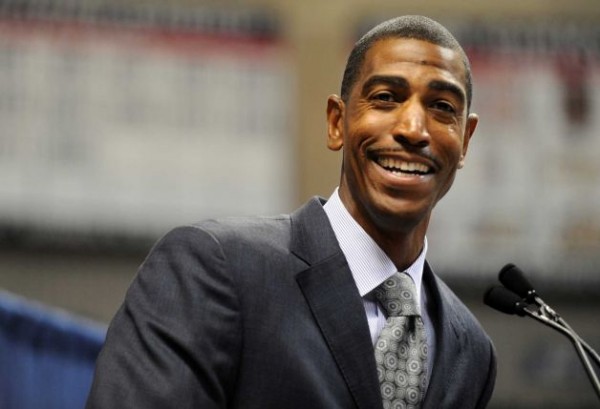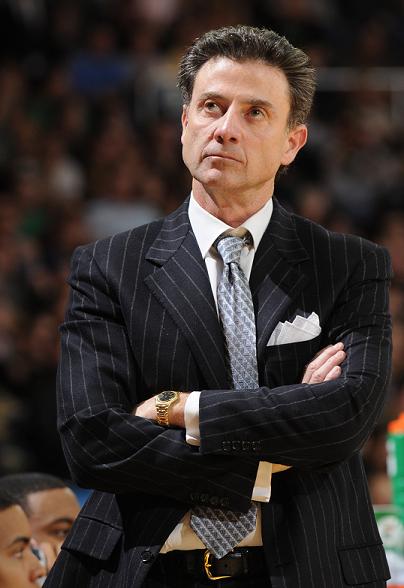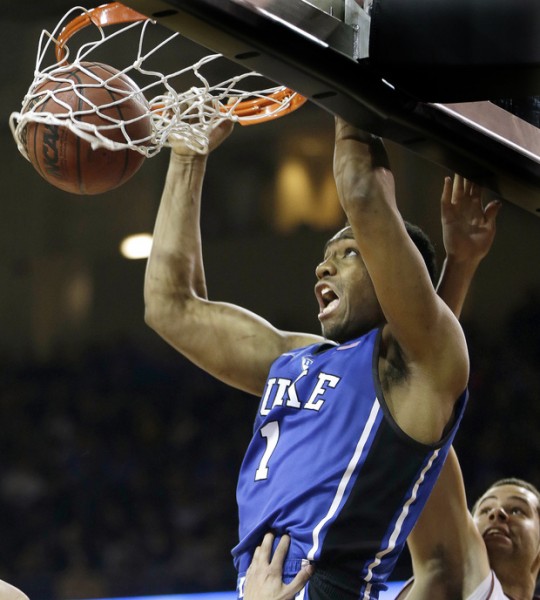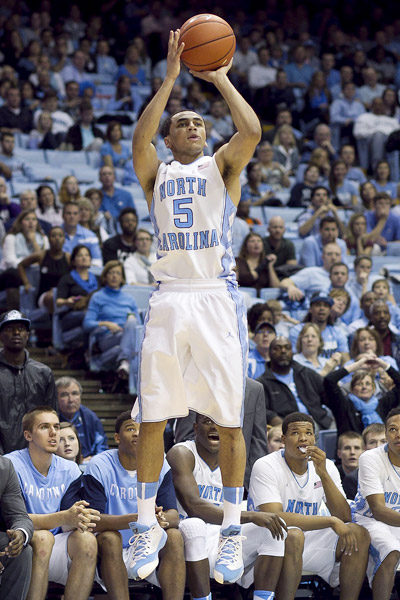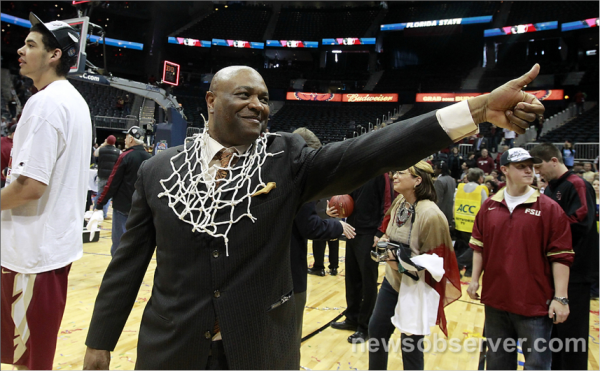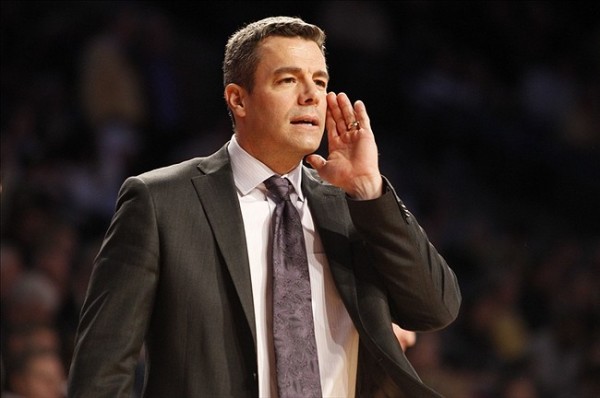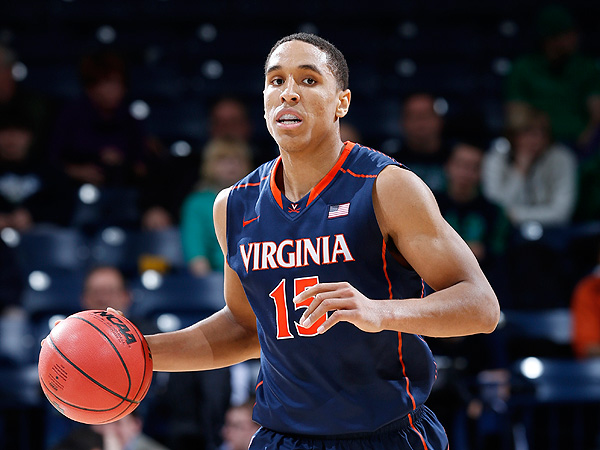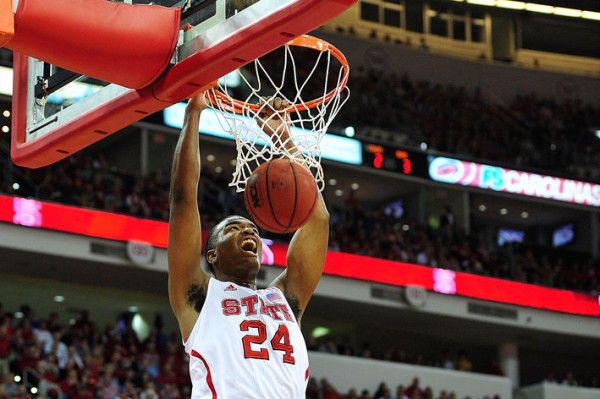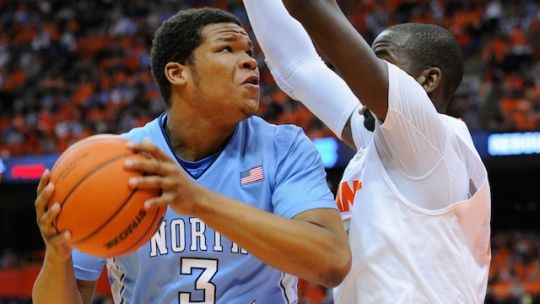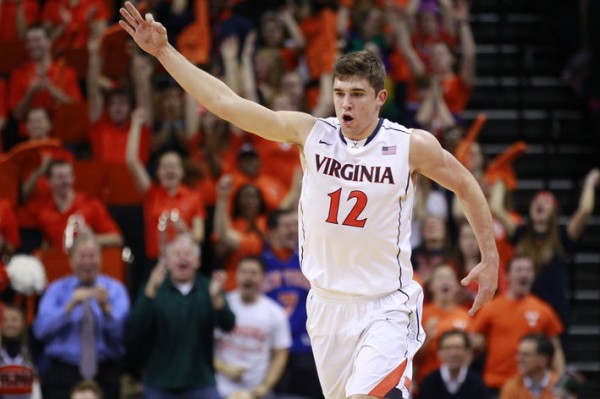UConn and the ACC: The One That Got Away
Posted by Chris Kehoe on April 4th, 2014When the most recent jumble of conference realignment was underway, the ACC squarely targeted the Big East for its newest conquests. Commissioner John Swofford wanted to add programs that were strong in the revenue sports of football and basketball, holding distinctive geographic locations that would open up the conference to new fans and marketing possibilities. The ACC won out in a big way, snagging prominent athletic programs at Syracuse, Louisville, Notre Dame and Pittsburgh from the old Big East. While these programs are have had varying degrees of success in the sport that drives realignment, Notre Dame is the only football name brand (and the Irish retained their football independence). So while the current athletic landscape is shaped by the financial juggernaut that is college football, the ACC locked up some of the country’s most elite basketball programs.
So while the ACC may have sought greater football legitimacy as its primary goal, the league also landed two massively successful basketball programs in Syracuse and Louisville. As a result, the ACC may very well have positioned itself as the basketball conference of the future, made up of most if not all of the best programs up and down the East Coast. That is, with one notable exception. As the league plundered the Big East, it may have made a drastic mistake from a basketball perspective. The ACC left behind a basketball powerhouse in its own right, Connecticut, a school that all but pleaded for entry into the ACC and a Final Four participant in a season when no conference team made it past the Sweet Sixteen. Recall the silly preseason talk about how the ACC was supposed to be ‘the best ever’, and it leaves you wondering if the exclusion of a program like UConn was the right move. The basketball program based in Storrs has had continued and sustained excellence in the sport over a long period of time, winning the national title three times since 1999 (as well as 2004 and 2011), and putting 13 players into the NBA as lottery picks since 1994. Few programs can match that record.





























